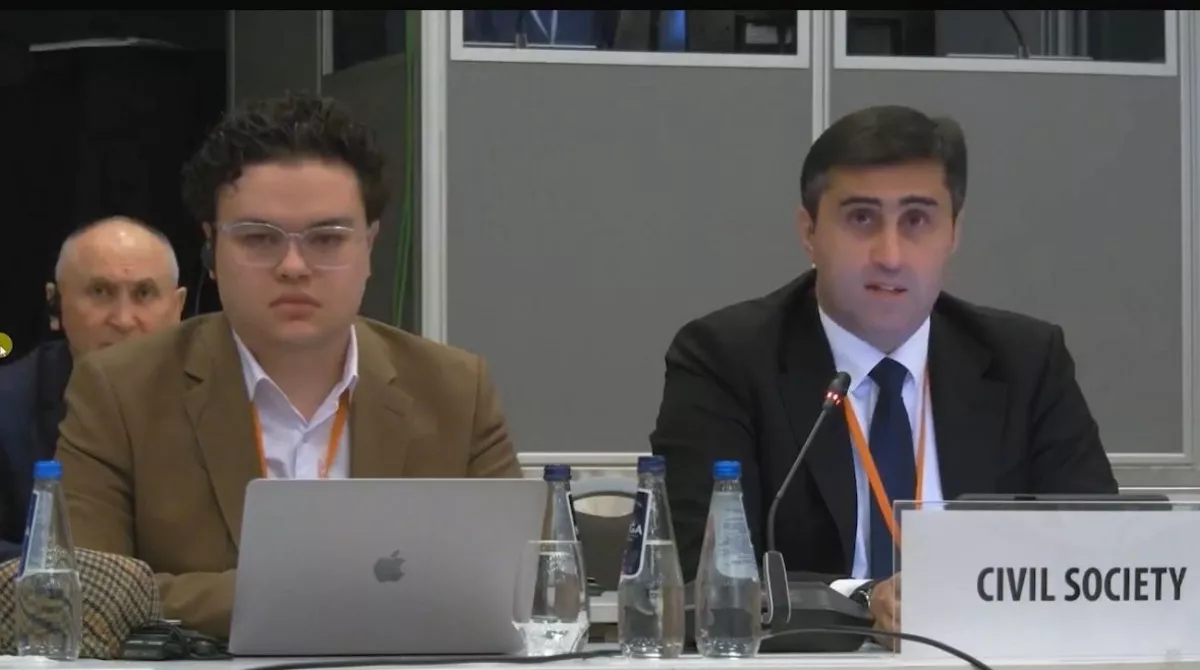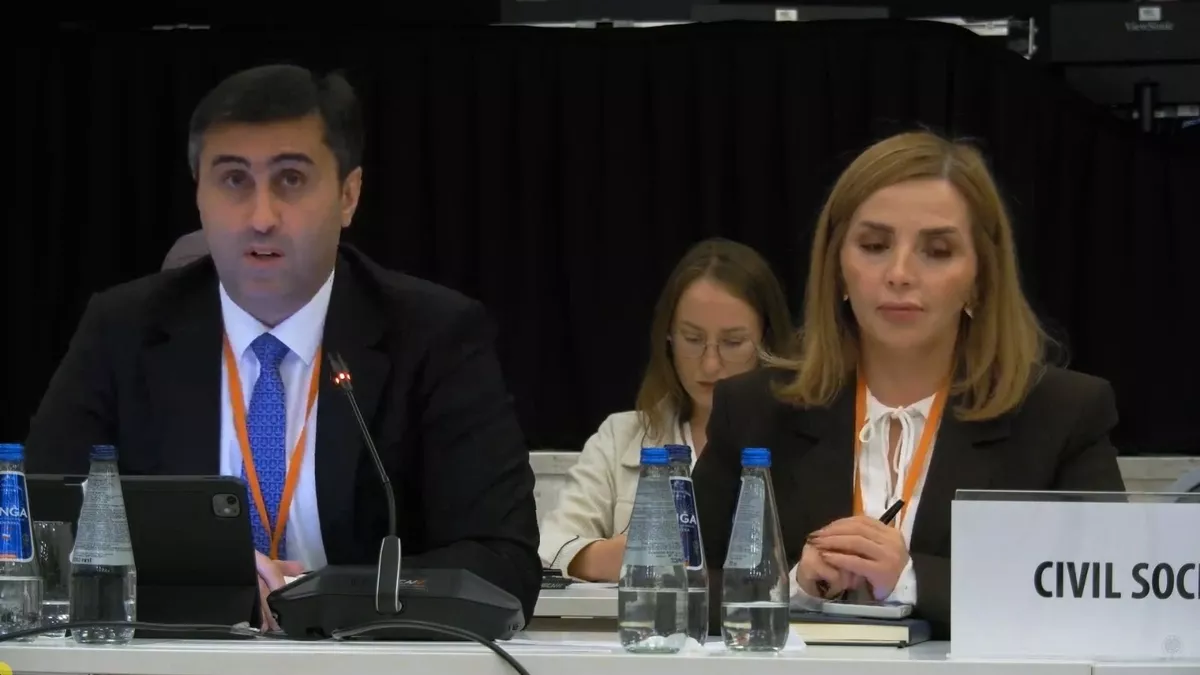Baku Initiative Group calls out Belgium’s brutal exploitation in colonial Africa photo
The atrocities committed by Belgium during its colonial period in Africa stand as some of the most horrifying examples of human suffering.
This view was expressed by Abbas Abbasov, Executive Director of the Baku Initiative Group (BIG), at the OSCE Human Dimension Conference held in Warsaw, Poland, the group told local media.
The conference brought together representatives from the 57 OSCE member states, OSCE institutions and other executive bodies, as well as intergovernmental organisations and NGOs.
Abbasov spoke at three plenary sessions of the conference, addressing global issues such as racism, xenophobia, discrimination, religious intolerance, human trafficking, and fundamental freedoms.
He regretted that some countries continue to pursue colonial and neo-colonial policies and presented concrete evidence of their bitter consequences.
Referring to the atrocities committed by Belgium in Africa, Abbasov highlighted Congo as one of the most horrific examples of exploitation and human suffering.
He criticised the fact that the crimes against humanity committed in Africa have yet to receive proper recognition from the international community. Abbasov noted that during the colonial period in Congo, Belgium either destroyed local religions or forcibly imposed its cultural norms.
The BIG Executive Director also highlighted that in France’s overseas territories — including Kanaky-New Caledonia, Guadeloupe, Martinique, and Mayotte — indigenous peoples live as second-class citizens. According to him, local populations in the Caribbean are systematically excluded from decision-making processes and deprived of equal economic opportunities. On the island of Mayotte, Muslims, who form the majority, are subjected to a policy of deliberate isolation, and the island has been turned into a militarised fortress.
Abbasov added that in French Guiana and Réunion, economic dependence, unemployment, and ecological disasters force local populations to leave their homes, leaving them vulnerable to criminal networks engaged in human trafficking. He emphasised that human trafficking in these territories represents a modern continuation of colonial slavery.
By Tamilla Hasanova











